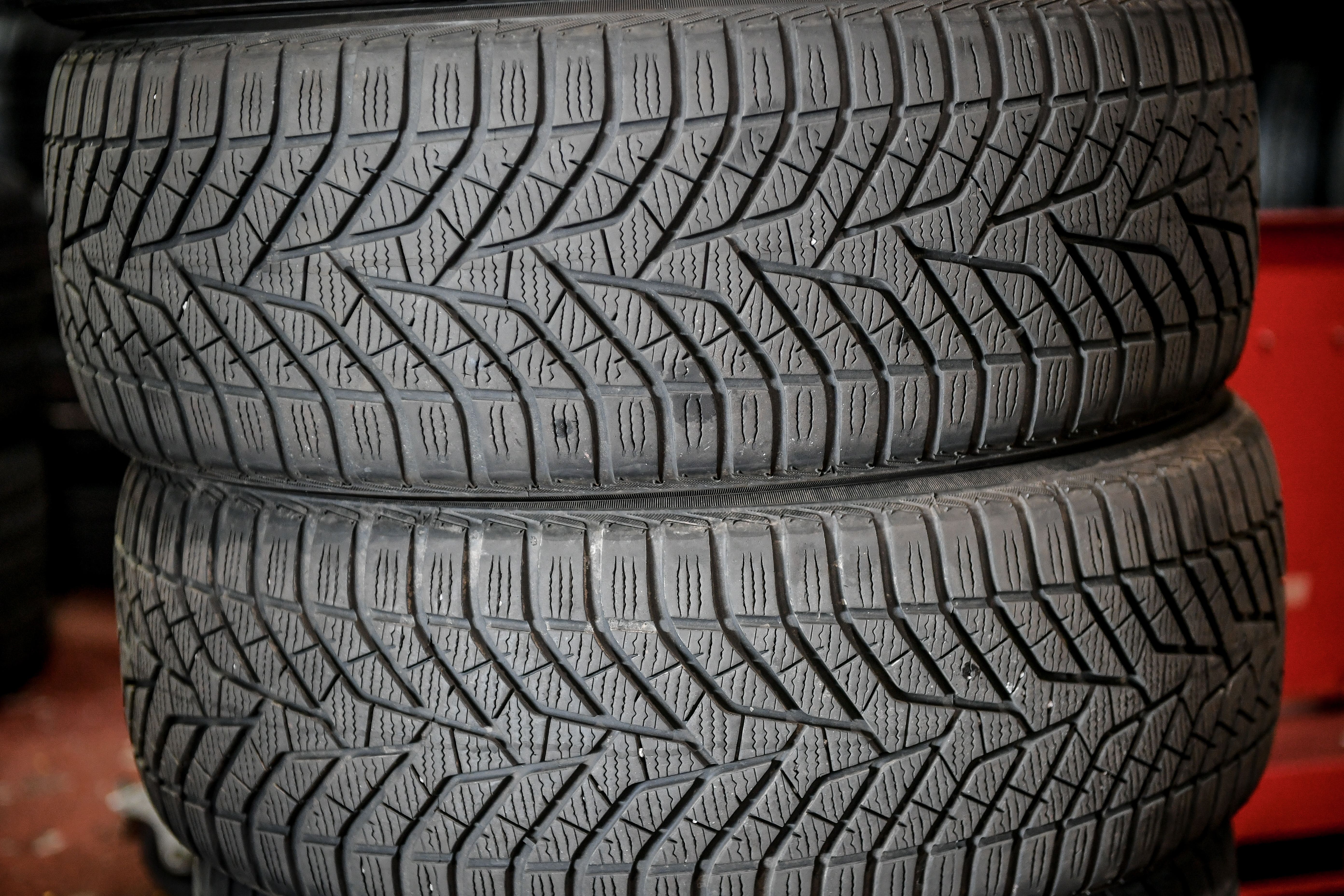Urgent call for research into microplastic pollution from car tyres
Tyre particles have been found to be the leading contributor to microplastics.

Your support helps us to tell the story
From reproductive rights to climate change to Big Tech, The Independent is on the ground when the story is developing. Whether it's investigating the financials of Elon Musk's pro-Trump PAC or producing our latest documentary, 'The A Word', which shines a light on the American women fighting for reproductive rights, we know how important it is to parse out the facts from the messaging.
At such a critical moment in US history, we need reporters on the ground. Your donation allows us to keep sending journalists to speak to both sides of the story.
The Independent is trusted by Americans across the entire political spectrum. And unlike many other quality news outlets, we choose not to lock Americans out of our reporting and analysis with paywalls. We believe quality journalism should be available to everyone, paid for by those who can afford it.
Your support makes all the difference.Scientists have made an urgent call for research to establish the risks to health and the environment from particles produced by tyres which are the “leading contributor to microplastics”.
A new study has highlighted that tyre particles (TPs) account for nearly a third of all microplastics and the researchers say these could cause greater problems because they differ in size, chemical complexity and behaviour in ecosystems.
Henry Obanya, from the Institute of Marine Science and member of the Revolution Plastics Institute at the University of Portsmouth, said: “Tyre particles are classified as microplastics, yet they contain hundreds of unknown chemicals, many of which leach into the environment and pose unknown risks.
“Our study calls for TPs to be separated from traditional microplastics and recognised as a unique threat to environmental and public health. We need focused research to understand their pathways and impact.”
He said TPs contain numerous additives – such as polyaromatic hydrocarbons, heavy metals, and stabilising chemicals that make them chemically unique and potentially harmful as they degrade in the environment.
He added that, while traditional microplastics are typically smaller than 5mm, tyre particles (TPs) can be larger and are dispersed across ecosystems through road run-off and wind, eventually settling in waterways, soil, and even entering food chains.
The research, which involved scientists from the UK, US, Norway, Australia, South Korea, Finland, Austria, China, and Canada, made recommendations for an intergovernmental science-policy panel on chemicals, waste, and pollution to tackle TPs on a global scale.
Mr Obanya added: “This study is a clear call for co-ordinated international efforts.
”By recognising TPs as a distinct environmental threat, we can drive meaningful research, guide policy, and ultimately work towards a healthier, more sustainable world.”